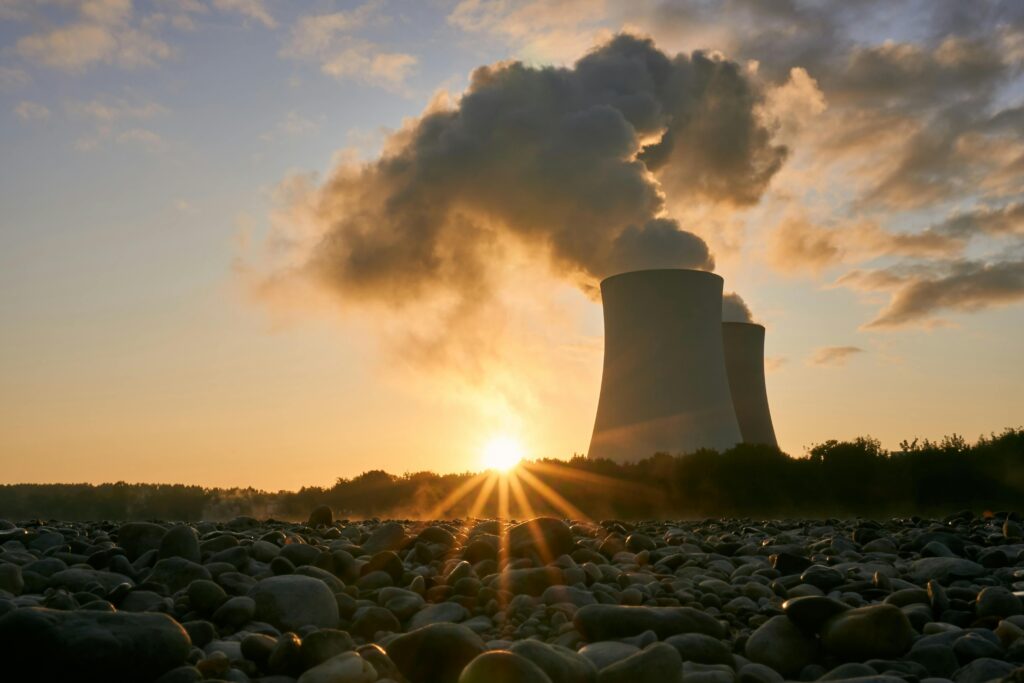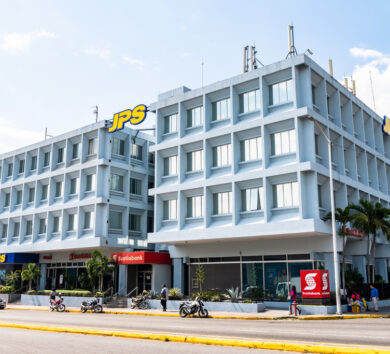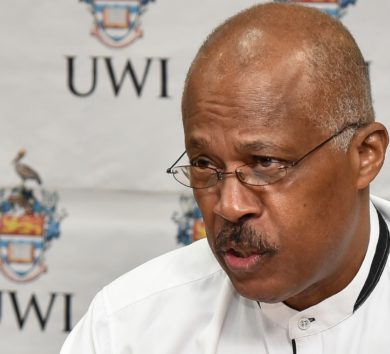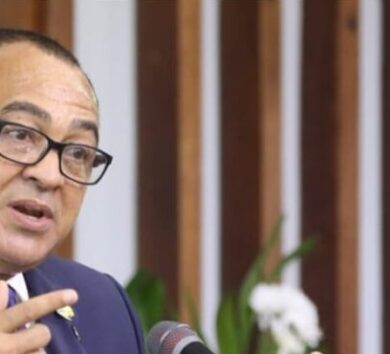

Jamaica’s industrial culture has long tolerated lax safety standards, and the 2021 Jamalco explosion is a glaring example.
Despite clear warnings from monitoring instruments, trained personnel failed to act, resulting in an explosion that crippled a major power generator and forced the plant offline for over a year. Fortunately, this was not a nuclear accident—because nuclear has no room for such errors.
Prime Minister Andrew Holness’ enthusiasm for small modular reactors (SMRs) ignores both Jamaica’s troubling safety record and the global economic reality of SMRs.
As the UK Guardian recently reported, Prime Minister Keir Starmer’s SMR push has faced fierce opposition from experts, environmentalists, and even Labour-friendly green investors.

Their reasons? SMRs remain unproven, their costs have ballooned even before construction, and the “economies of scale” that make large nuclear plants viable work in reverse for small ones—making SMRs prohibitively expensive.
Independent analyses, including reports from the Institute for Energy Economics and Financial Analysis (IEEFA), confirm that SMRs’ levelised cost of electricity far exceeds that of renewables.
The NuScale fiasco in the United States—where SMR costs quadrupled before the project was cancelled—should serve as a cautionary tale.
Are we ready to sink billions into an experimental technology while ignoring the proven, rapidly falling costs of wind and solar? Most importantly, renewables are already delivering lower electricity prices to both domestic and industrial consumers.

The numbers do not lie—solar, farmed biomass and wind-generated power are already cheaper than fossil fuels, and far cheaper than nuclear.
No amount of fallacious salesmanship should fool Jamaica’s authorities into believing otherwise.
Jamaica’s own scientists have warned against SMRs, citing our vulnerability to earthquakes, hurricanes and the impossibility of safely managing nuclear waste on a small island. Instead of chasing high-risk nuclear fantasies, the government should update the Integrated Resource Plan (IRP) to prioritise renewables, which are safer, cheaper, and quicker to deploy.
Jamaica cannot afford to gamble on nuclear. We must learn from past safety failures and invest in energy solutions that align with our economic and environmental future.







Comments